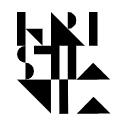Kristiania University College (KUC) is a private higher education institution in Norway, focusing on education in a variety of fields including business, communication, design, technology, etc. Here are some key information about Kristiania University College:
Overview
Founded: 1914 (predecessor can be traced back to Norsk Korrespondenceskole in 1914)
Institutional nature: Private
Main campus locations:
Oslo, main campus
Bergen
Official website: www.kristiania.no
History
KUC's origins can be traced back to 1914, when Ernst G. Mortensen founded Norsk Korrespondenceskole (Norwegian Correspondence School) to provide learning opportunities through distance education.
In 2016, several educational institutions merged to form the current Kristiania University College.
In 2017, Westerdals Oslo School of Arts, Communication and Technology joined KUC, further expanding its courses in the fields of arts, communication and technology.
School Strength
KUC has about 19,000 students and about 1,500 faculty and staff.
It offers undergraduate and master's level courses covering multiple disciplines.
It enjoys a good reputation in business management, marketing, innovation and technology, art and design, media and other fields.
The school cooperates with many companies, organizations and communities to provide internships and employment opportunities for students.
Educational Philosophy
Emphasis on the combination of theory and practice, encouraging students to develop skills through practical projects and case studies.
Focus on interdisciplinary cooperation, especially collaboration between different majors.
Attach importance to international education, recruit international students, and provide courses taught in English.
Committed to cultivating talents with innovative spirit and high level of professional quality.
Subject settings
Bachelor's degrees:
Business management
Marketing
Innovation and technology
Art and design
Media and communication
Information technology
And other related undergraduate courses
Master's degrees:
Business management
Marketing
Innovation and technology
Art and design
Media and communication
Information technology
And other related master's courses
English-taught courses:
Most undergraduate and master's courses are taught in English to attract international students.
Professional direction
Business management: covers financial management, human resource management, strategic management, etc.
Marketing: includes digital marketing, brand management, market analysis, etc.
Innovation and technology: involves technological innovation, entrepreneurship, product development, etc.
Art and design: covers visual communication design, user experience design, graphic design, etc.
Media and communication: includes journalism, public relations, advertising, etc.
Information technology: involves software engineering, data science, network security, etc.
Campus
Oslo campus:
Located in the center of Oslo and surrounding areas, with convenient transportation.
The campus has modern teaching facilities, libraries, laboratories and social spaces.
Mainly concentrates most of the education and research activities.
Bergen Campus:
Located in the center of Bergen, it offers some undergraduate and master's programs.
International Cooperation
KUC actively participates in international exchange programs and has established cooperative relations with many higher education institutions around the world.
Provide exchange student programs to promote students' international vision and cultural exchange.
As a member of the European Association of Business Schools (EQUIS) and other international organizations, KUC plays an important role in international education and research.
Expenses
For EU/EEA students, KUC is usually free, but a small registration fee is required.
For non-EU/EEA international students, tuition fees vary depending on the major, generally between 6,000 and 14,000 euros per year. The specific fees should be consulted directly with the school or visit its official website for the latest information.
In terms of living costs, the cost of living in Oslo is relatively high, but you still need to consider accommodation, food and personal expenses.
Application requirements
Applicants usually need to have a high school diploma or equivalent.
For master's programs, a bachelor's degree in a related field is usually required.
You need to pass an entrance exam or interview to demonstrate your interest in the chosen major and your ability to work in a related career.
The English language proficiency requirement is usually level B2 (according to the Common European Framework of Reference for Languages CEFR), although some programmes may require higher proficiency.
-
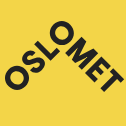
OsloMet - Oslo Metropolitan University
-
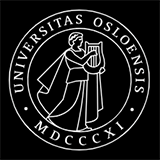
University of Oslo
-
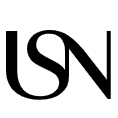
University of South-Eastern Norway
-
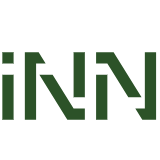
University of Inland Norway
-

Nord University
-
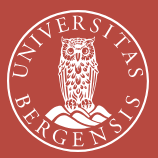
University of Bergen
-
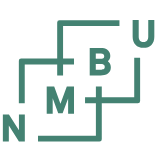
Norwegian University of Life Sciences
-

University of Stavanger
-
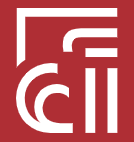
University of Agder
-
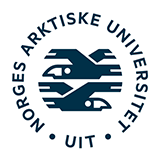
University of Tromsø
-

Mesoamerican University
-

Istmo University
-

Mariano Galvez University of Guatemala
-

Regional University of Guatemala
-

Galileo University
-

Francisco Marroquín University
-

Rafael Landívar University
-

University of the Valley of Guatemala
-

University of San Carlos of Guatemala
-

Technological Institute of Tlaxcala Plateau
-

Golfo University
-

Technological University of South Sonora
-

Technological University of Huejotzingo
-

Tizimín Institute of Technology
-

Chilpancingo Institute of Technology

